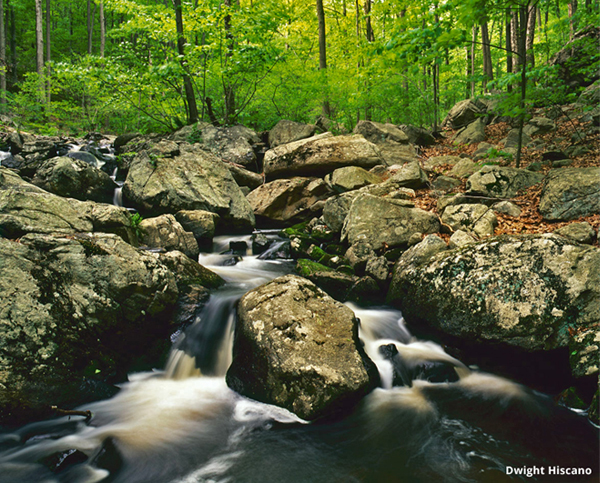WHY PRESERVATION?
There is a direct connection between the state of the environment, the quality of our lives, and the health of our communities. Preserving the rural landscapes of Hunterdon County ensures a healthy future for generations to come by safeguarding the natural resources that benefit us all.

Understanding the Benefits of Preservation
A well-planned program of land preservation benefits our communities in numerous ways:
• Protecting our water supply
Hunterdon County’s water supply is critical not only to county residents but to the millions of people who live downstream of our creeks, rivers and reservoirs. The Hunterdon Land Trust targets its preservation work in key watersheds by preserving the aquifer recharge areas, wetlands, forests and fields that absorb rainwater, reduce flooding and filter contaminants from the environment.
• Supporting family farms
The Hunterdon Land Trust protects farms that keep family farmers in business and puts healthy, delicious food on our tables. Farmland preservation strengthens the area’s agricultural economy, keeps farms in production, secures a local source of food, and prevents unwise development.
• Enhancing our quality of life
Land preservation is a critical tool in the effort to manage growth wisely and maintain Hunterdon County’s traditional rural character. By working with local governments, the Land Trust helps communities control sprawl, reduce traffic, protect beautiful landscapes and historic areas, and provide ample space for outdoor recreation.
• Protecting wildlife habitat
Hunterdon County is rich with plant and animal life. Our varied landscapes provide diverse habitat for a wide variety of species, including many classified as threatened and endangered. Many species require large, contiguous tracts of habitat for survival. A strategic preservation plan assures the survival of imperiled species over the long-term.
• Moderating property taxes
Residential development in our area tends to cost local taxpayers more in government services than it generates in new tax revenue. Preserving land that might otherwise be developed helps to stabilize the tax rate.
• Stimulating economic development
Agriculture and outdoor recreation are big businesses in New Jersey. Farmers in our state generate more than $1 billion a year, and our own farmers’ market generates roughly $1 million in direct and “downstream” spending. Farmland preservation helps sustain the viability of the agricultural industry by keeping existing farms in production and attracting new farmers to the area. Open space boosts local economies in a similar way by attracting tourists and supporting outdoor recreation.
